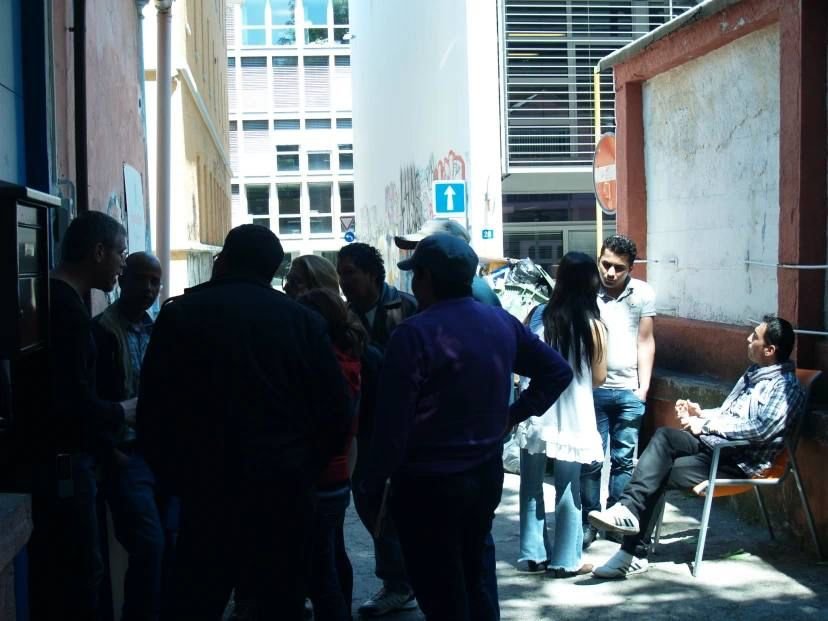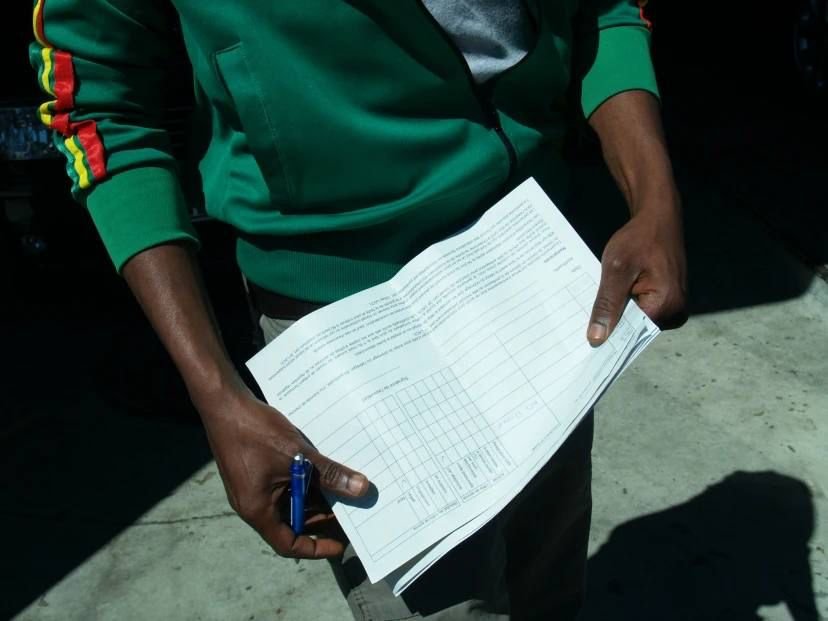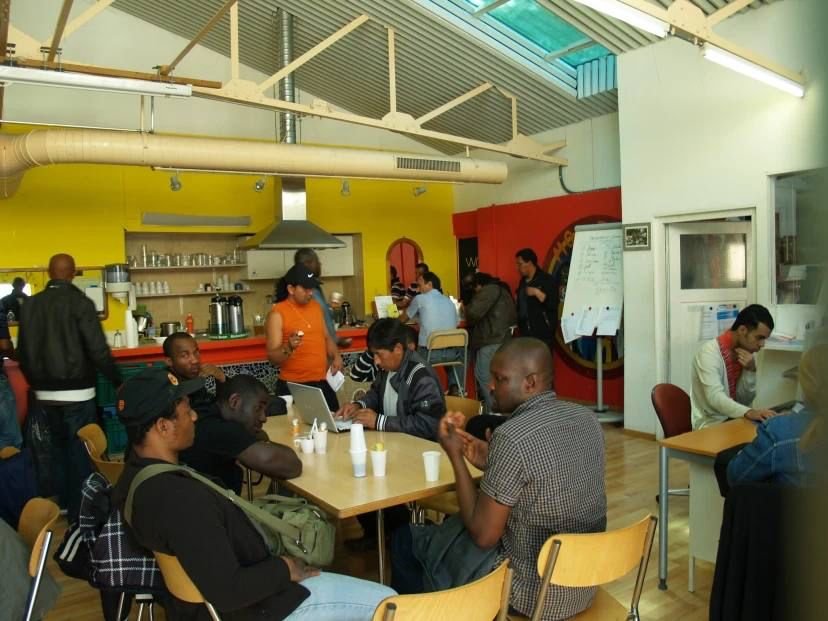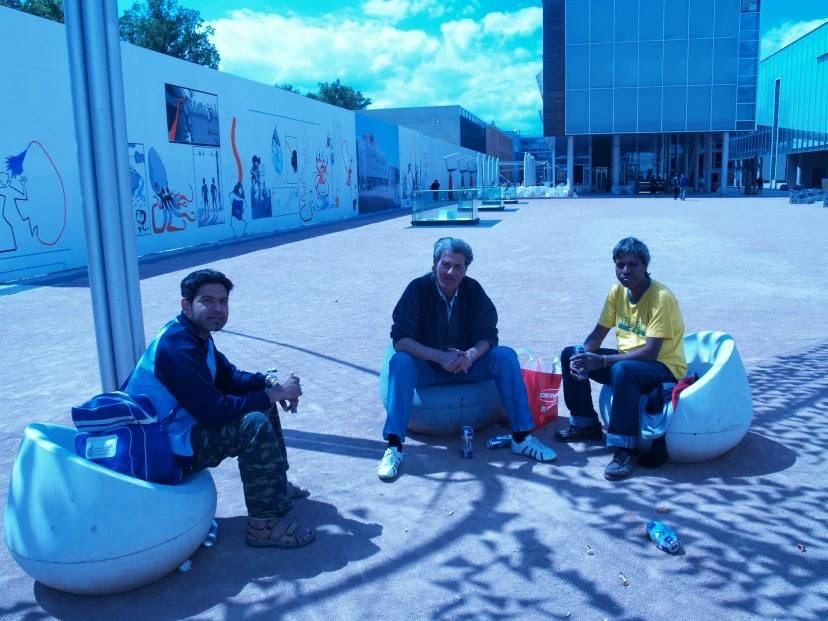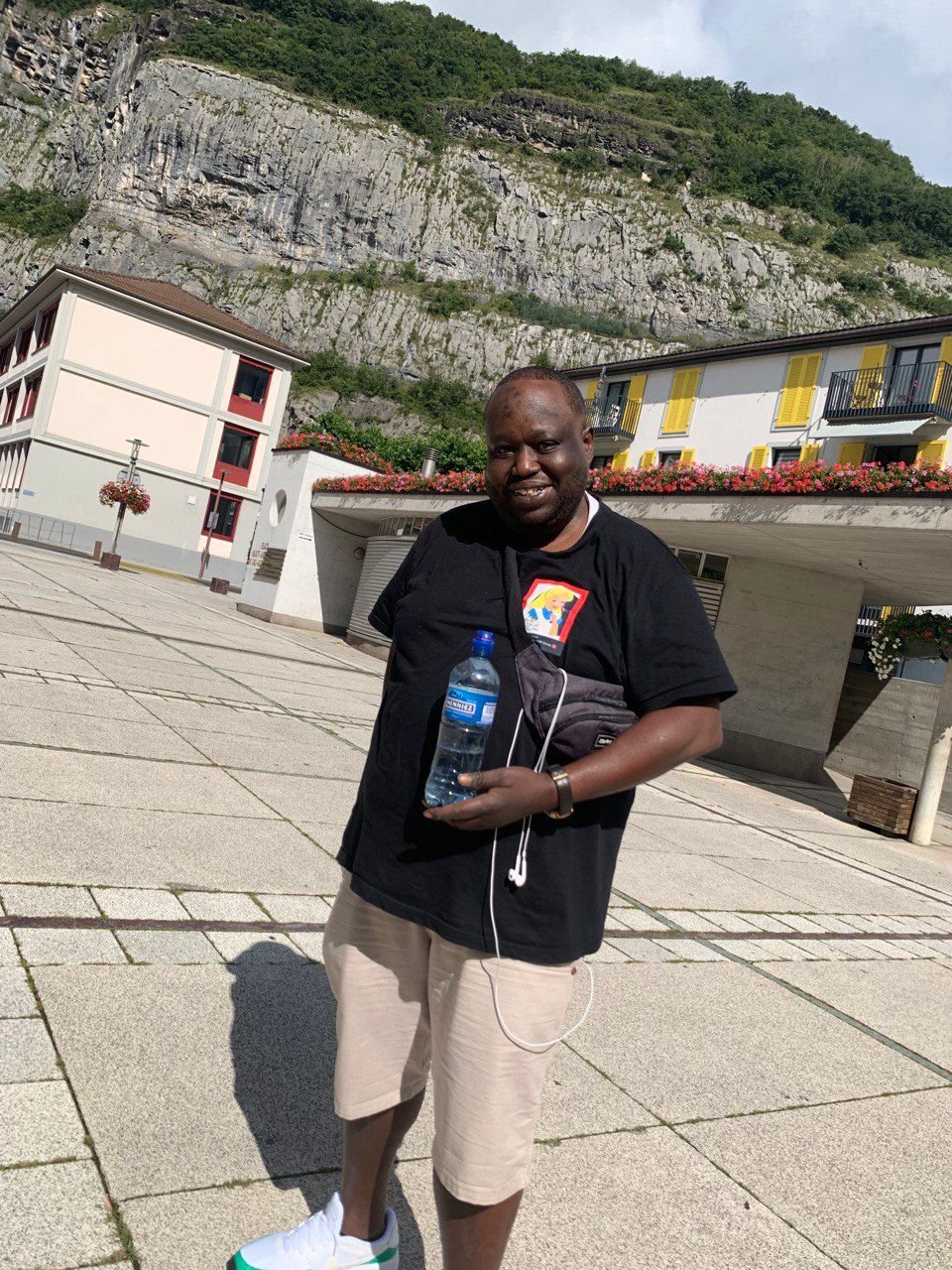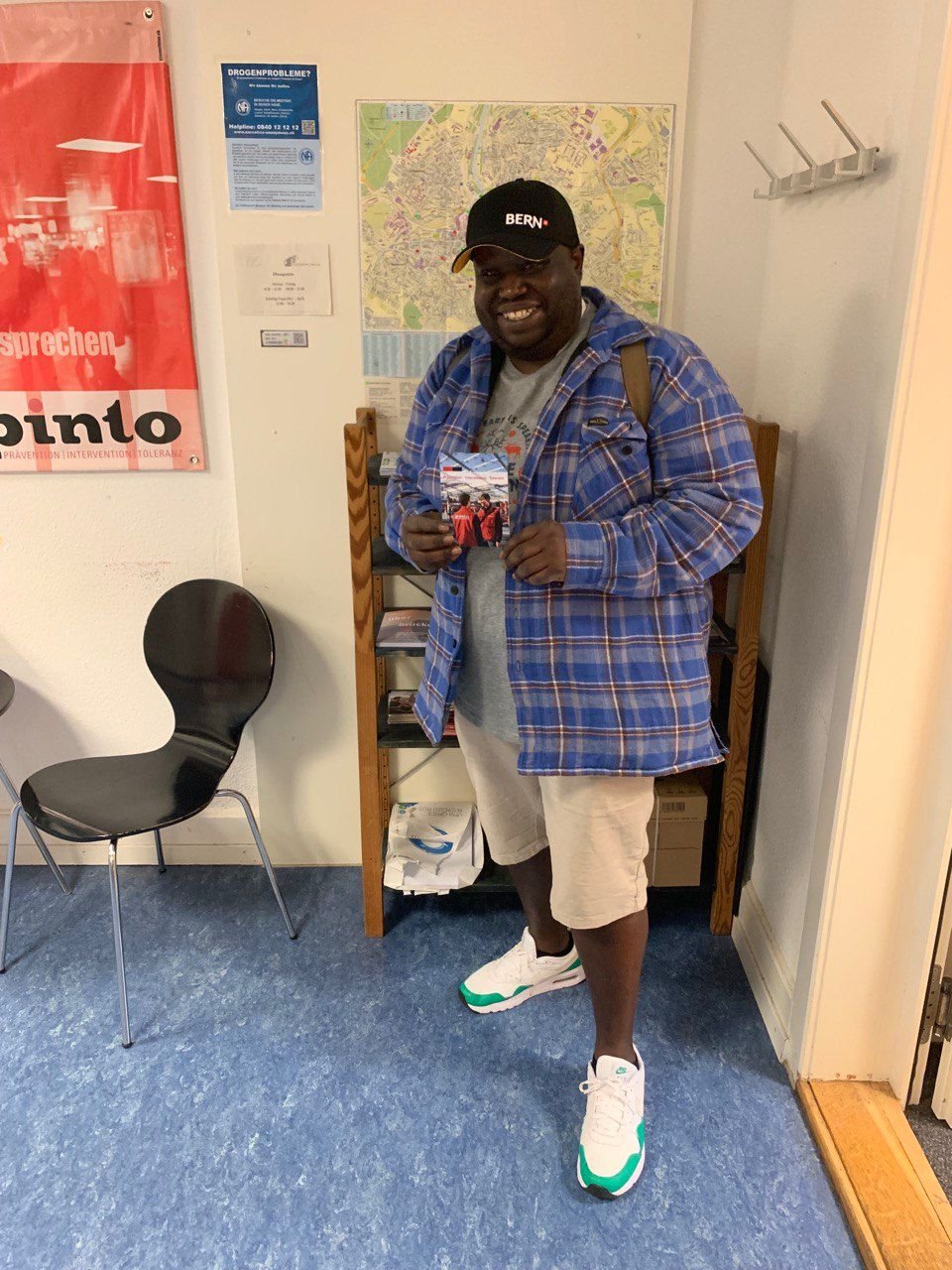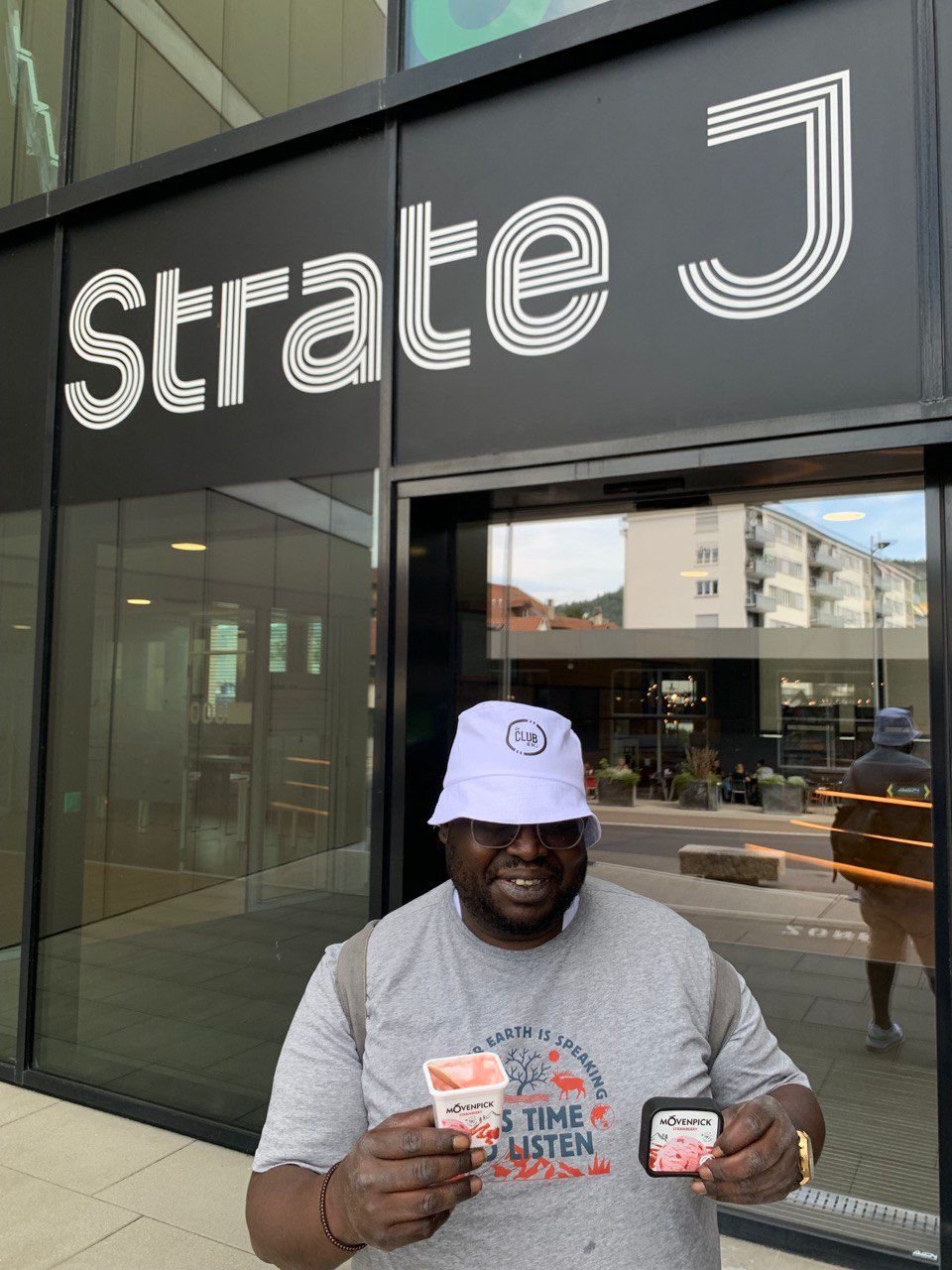Written by Open AI
While it's speculative to predict any individual's future with certainty, including someone as prominent as Elon Musk, becoming homeless is a complex process influenced by various factors. Elon Musk is a billionaire and the CEO of multiple successful companies like Tesla and SpaceX, so the likelihood of him becoming homeless is extremely low. However, for the sake of your question, I can provide a general hypothetical scenario and the types of assistance that might come into play.
Image of Elon Musk experiencing homelessness created by https://deepai.org/
Hypothetical Scenario: Let's imagine an extreme situation where Elon Musk faces a series of unforeseen personal and financial challenges that lead to significant losses. Perhaps his companies encounter insurmountable difficulties, his investments collapse, and he faces legal issues that drain his resources. These cascading events could potentially impact his personal finances to the point where he struggles to maintain his lifestyle.
Assistance in Such a Scenario:
Personal Savings: Even if Elon Musk were to face financial difficulties, he has significant personal wealth. His savings, assets, and properties could provide a safety net to prevent him from becoming homeless.
Social Network: Musk is well-connected in both business and social circles. He could potentially turn to friends, colleagues, and fellow entrepreneurs for temporary support, advice, or even financial assistance.
Philanthropic Organizations: Musk is known for his involvement in various philanthropic initiatives. If he were to face a crisis, he might receive support from organizations he has been associated with, or from new philanthropic avenues.
Business Rebound: Given Musk's track record of innovation and business acumen, it's possible that he could find new opportunities to rebuild his financial standing. Investors, partners, or backers might be interested in supporting his new ventures.
Community Services: In the unlikely event that Musk found himself in need, there are various social services available to support individuals experiencing homelessness, providing shelter, food, and other basic necessities.
Image of Elon Musk eating in a soup kitchen for homeless people created by https://deepai.org/
6. Public Awareness and Support: Elon Musk's prominence could lead to public awareness of his situation. This awareness might trigger public support, crowdfunding efforts, or other forms of assistance from people who admire his work.
*It's important to note that these points are purely speculative and based on the hypothetical scenario you provided. Elon Musk's current position and resources make it highly unlikely that he would become homeless, and he has a wide range of options available to him should he face any financial or personal challenges.
The text below was written by Andrew Funk, founding president of Homeless Entrepreneur.
Empowerment in Such a Scenario:
Helpline, which collects real-time data from and about homeless people or those about to become homeless and connects them to available resources, aims to prevent and reduce homelessness.
Voices, which provides insight into the lives of individuals suffering from homelessness and/or poverty to connect them with their community along with housing and employment opportunities, so they can grow their income and build their assets.
HELP Program, which provides a support pathway to independence through incentivizing employment opportunities and fostering entrepreneurial activities. It is a holistic one-year program that addresses poverty, works in conjunction with our Housing Launchpad program or already existing housing programs in order to create sustainable change via active citizenship, community and life purpose.
Image of Elon Musk becoming a Homeless Entrepreneur created by https://deepai.org/
*It's important to note that these points are purely speculative and based on the hypothetical scenario of Elon Musk becoming homeless. In the case that he become homeless, we would like him to know that we would happily support him in the process of becoming empowered out of homelessness and hope we would do the same for others.
In the highly unlikely scenario, according to AI, that Elon Musk reads this article to the very end and would like to help us empower people out of poverty, he can contact me (Andrew Funk) via email, funk@homelessentrepreneur.org, or telephone, +34 697 877 089.
It’d be an honor.





